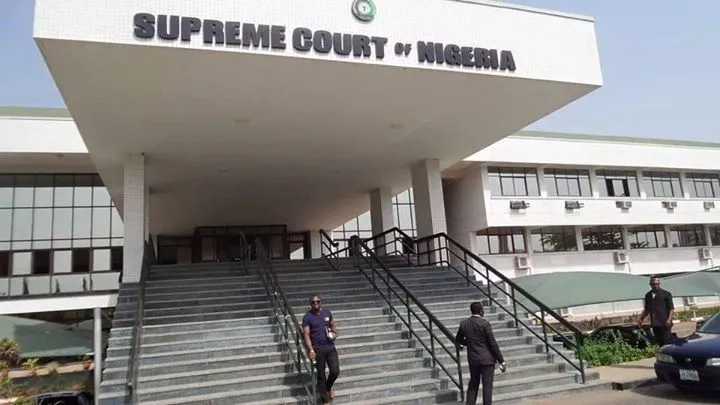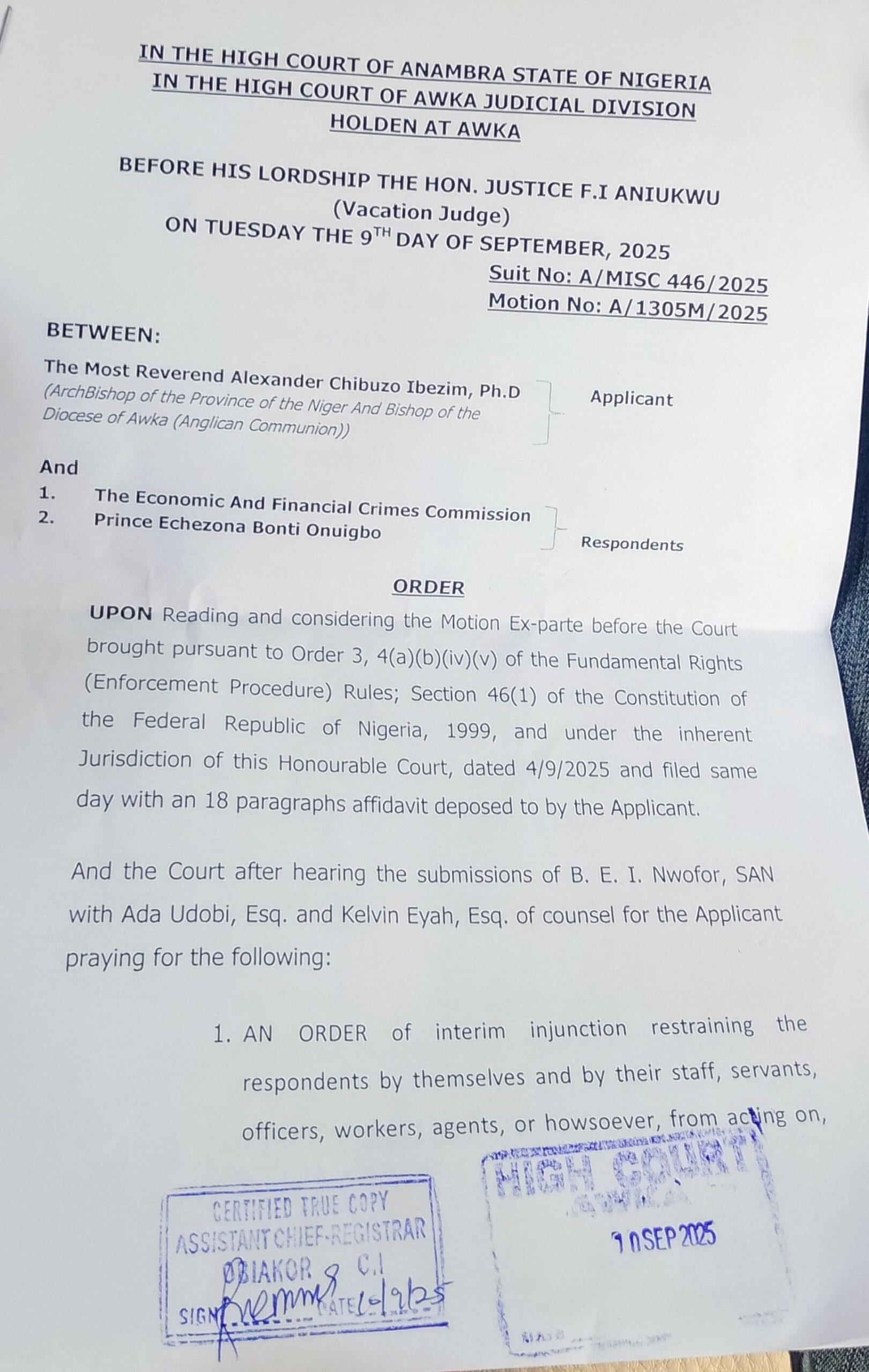Ade Olu
The Supreme Court of Nigeria has unanimously affirmed that the Freedom of Information Act (FOIA) 2011 applies to all tiers of government, including state institutions.
The historic judgment, that reinforces transparency and democratic accountability at all levels of government, reverses the 2018 majority ruling by the Court of Appeal, Benin Division.
The Appeal Court had controversially held that the FOIA only applies to federal Ministries, Departments, and Agencies (MDAs).
The Apex Court affirmed the decision of the trial court that the National Assembly has the legislative competence to enact laws on public records and archives.
The Court noted that the FOIA, enacted to promote transparency, citizen engagement, and accountability in public governance, is binding across the federation.
Down the memory lane
The case of Austin Osaku v. EDOSACA SC/614/2014 started in January 6, 2014.
This followed the filing of a Freedom of Information request to the Edo State Agency for the Control of AIDS (EDOSACA) by a coalition of civil society organizations.
The applicants sought detailed records relating to the HIV/AIDS Program Development Project (HPDP II), including financial expenditures, grants, and donor partnerships.
They also asked for the contract awards, and criteria for grant allocations between 2011 and 2014.
Speaking after the judgment, President Aigbokhan, Esq., lead counsel for the appellants, hailed the ruling as a model decision that addresses the inconsistency in law
According to him, the ruling also addresses a legislative vacuum at the state level. This is not just a legal victory—it is a victory for democracy.
“This decision is a major leap for the global campaign for probity, accountability, and transparency, with far-reaching impact on public citizens at the sub-national level.
“Our laws must work for all, Once again, the Supreme Court has demonstrated its crucial role as a veritable arbiter of democratic ideals.”
Aigbokhan dedicated the victory to the activists and NGOs in Edo State, who stood together to pursue the matter to its logical conclusion.
Why the ruling is important
This landmark lead judgment of Hon. Justice Lawal Garba JSC, dismantles the long-held excuse by some states for refusing to comply with FOIA provisions due to the absence of corresponding state laws.
With the Supreme Court’s pronouncement, state governments can no longer deny access to public records on the grounds of legislative non-alignment.
The ruling empowers civil society activists, journalists, and ordinary citizens to demand an open and accountable government beyond the gates of federal institutions.
As the decision reverberates across the country, the future will tell how the 36 states of the federation comply with this all-important historic ruling.





